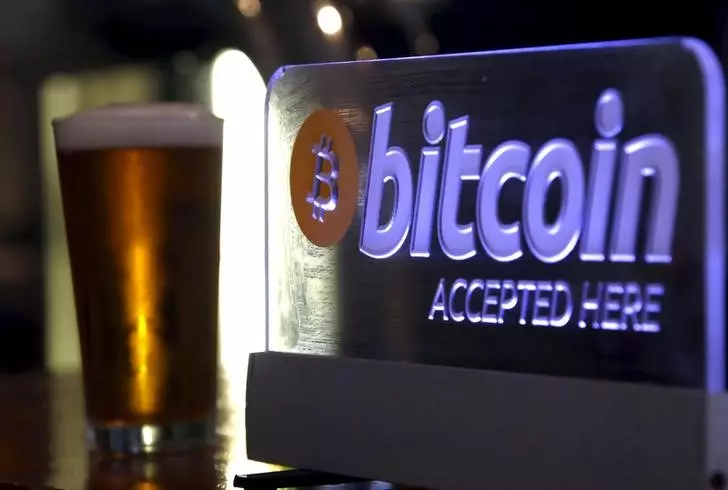In recent discussions regarding the future of Bitcoin, the spotlight has turned towards the prospect of a strategic Bitcoin Reserve being established by the U.S. government. Prominent venture capitalist Anthony Pompliano has shared insights suggesting that the expectations surrounding this development have surged dramatically. This speculation coincided with a notable spike in Bitcoin’s price, which recently touched the $106,000 threshold before retracting slightly to approximately $103,120—a minor decline yet indicative of a volatile market. Over a 24-hour period, Bitcoin experienced fluctuations, rising nearly 4% and showing a remarkable 16.90% increase on the weekly scale, moving from $90,660.
The context behind these movements is deeply rooted in the political landscape, especially with the impending inauguration of a new president. Observers speculate that the new administration may embrace cryptocurrency as part of its economic strategy, igniting hope among Bitcoin enthusiasts. This anticipation has led to record high probabilities—reported at 70%—in betting markets for the establishment of a national Bitcoin reserve. Such developments aren’t merely academic; they reflect a broader transformation in how governments may perceive and engage with digital currencies.
An essential component fueling this market momentum is the U.S. Department of Justice’s recent court ruling permitting the sale of 69,370 BTC that was seized from a Silk Road hacker. The potential liquidation of this asset could yield an astonishing amount—over $7 billion—representing a substantial sum for the U.S. government. However, the unexecuted nature of this sale raises questions about its impact on market stability. Many cryptocurrency advocates are hopeful that the new administration, led by President-elect Donald Trump, might refrain from executing this sale. Instead, they envision a strategy that would incorporate this substantial Bitcoin holding into a national reserve, better positioning the U.S. within the global cryptocurrency landscape.
Such a move could radically shift perceptions of Bitcoin, elevating it from a speculative investment to a legitimate component of national economic strategy. This shift would signal a broader acceptance of cryptocurrency at the regulatory level, fostering innovation while potentially stabilizing the hitherto volatile market. It’s important to understand that the implications of a national Bitcoin strategy extend far beyond mere price movements; they encompass regulatory frameworks, economic stability, and the potential for international competition among currencies.
While the immediate impacts of these developments are evident in Bitcoin’s volatile price movements, the longer-term implications could redefine how cryptocurrencies are integrated into the global financial system. A U.S. Bitcoin Reserve could not only strengthen Bitcoin’s legitimacy but also encourage other nations to consider similar strategies, fostering a collaborative international framework for cryptocurrency management.
The anticipation surrounding a U.S. strategic Bitcoin Reserve, coupled with significant market events and shifts in political sentiment, is setting the stage for what might be a transformative era for Bitcoin. As stakeholders from various sectors begin to engage with these emerging realities, understanding the interplay between politics, finance, and cryptocurrency will be essential for making informed investment decisions and strategy development in the coming years.

